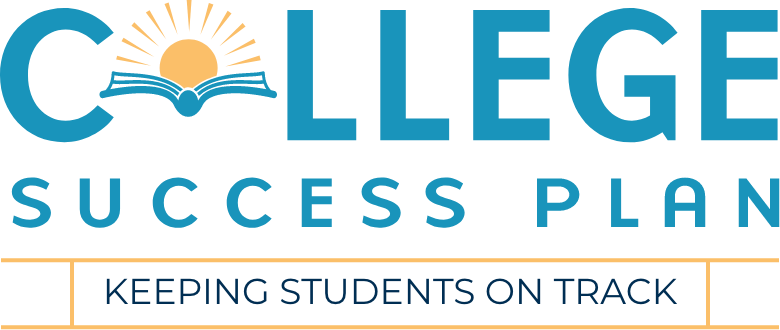Maximize Your Internship Experience with These Pro Tips!
Summer internships are more than just a chance to add experience to your resume; they are golden opportunities to learn, network, and grow professionally. Here’s how you can make the most out of your summer internship:
1. Understand the Company Beyond Your Role
Learn the Bigger Picture. Explore different departments within your organization. Take time to understand how various departments within the company work together. Attend meetings, shadow employees in different roles, and ask questions about their responsibilities and challenges.
Identify Potential Career Paths. Exploring different departments can help you discover career paths that you may not have considered before. It also allows you to see how your role fits into the larger organizational structure.
Engage in the Company Culture. Attend company events, workshops, and seminars. These are great opportunities to learn more about the company's culture, values, and goals.
Network Internally. Use these events to network with employees across different levels and departments. Building relationships with a variety of professionals can provide you with valuable insights and potentially open doors for new opportunities down the road.
2. Build Meaningful Relationships
Connect with Your Team. Make an effort to work closely with your team members. Effective communication and collaboration are key to building strong professional relationships.
Seek Out Mentorship. Identify someone in your team or department who can act as a mentor. Having a mentor can provide you with guidance, feedback, and support throughout your internship.
Network Externally. If your company hosts networking events or encourages participation in industry meetups, take advantage of these opportunities. Networking is crucial for building your professional circle.
Connect on LinkedIn. After meeting colleagues and professionals, connect with them on LinkedIn. A well-maintained LinkedIn profile can help you stay in touch and keep your professional network active.
3. Practice Acting Like a Professional
Develop Professional Habits. Punctuality and reliability go a long way in the work world. Always be on time and reliable in your work. This demonstrates your commitment and professionalism.
Dress Appropriately. Adhere to the company’s dress code. Dressing appropriately shows respect for the workplace and its culture.
Email Etiquette. Learn and practice proper email etiquette by taking note of the format, punctuation and style of the emails sent to you and those on which you are copied. Clear and professional communication is vital in any work environment.
Active Listening. Pay attention during meetings and discussions. Active listening shows respect and ensures you fully understand tasks and expectations.
Stay Focused. Unless it’s part of your job, save your social media scrolling for after work hours. Don’t spend your time texting with friends unless there is an emergency.
4. Embrace Feedback and Learn from It
Ask for Constructive Criticism. Regularly ask your supervisor and colleagues for feedback on your performance. Constructive criticism is invaluable for personal and professional growth.
Implement Feedback. Show that you value feedback by making the necessary improvements. This demonstrates your ability to learn and adapt.
Self-Evaluation. Periodically reflect on your performance and identify areas where you can improve. Self-awareness is a critical component of professional development.
Set Goals. Based on the feedback you receive from others and on your own assessments, set specific, achievable goals for yourself. Working towards these goals can help you stay focused and motivated.
5. Document Your Experience
Daily Reflections. Maintain a journal to document your daily tasks, challenges, and achievements. This will help you keep track of your progress and reflect on your growth.
Compile Accomplishments. At the end of your internship, compile a list of your accomplishments. This will be useful for updating your resume and discussing your experience in future job interviews.
Showcase Your Work. If applicable, create a portfolio of the projects you worked on during your internship. This can serve as a tangible demonstration of your skills and contributions. Include key learnings and skills gained in your portfolio. This will help you articulate the value of your internship experience to future employers.
LinkedIn & Resume. Update your LinkedIn profile and your resume with your new skills and experiences. Your Handshake profile is another great place to showcase these as well.
A summer internship is a stepping stone to your future career. By taking the initiative to learn about the company beyond your specific role, building meaningful relationships, acting professionally, embracing feedback, and ultimately showcasing your experience, you can maximize the benefits of your internship. If you approach your internship with curiosity, enthusiasm, and a willingness to grow, you will not only gain valuable experience but also lay a strong foundation for your professional journey.

